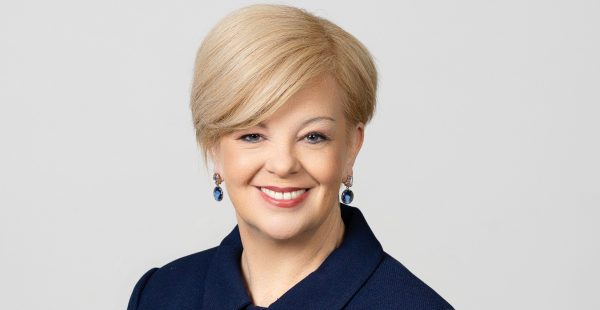Balance of power hamstrings advice lobby groups

ANALYSIS
The major financial services groups will need to hone their lobbying skills as they seek to deal with a Government with an overwhelming majority in the House of Representatives and an increased presence in the Senate.
Getting cut through with a second term Albanese Labor Government is a much tougher proposition than was the case in the previous Parliament because the Federal Coalition has become a much diminished force and the Senate cross-bench now appears likely to be centre-left rather than centre or centre-right.
The reality is that the Government with the support of the Greens can carry most issues with the remaining independents such as the ACT’s David Pocock and One Nation likely to be only marginally influential.
Pragmatically, the changed make-up of the Parliament means that while financial advisers may gain some traction in changing the funding formula for the Compensation Scheme of Last Resort (CSLR), they will be fighting an uphill battle to limit the reach of superannuation funds in providing financial advice.
On the question of the $3 million superannuation cap legislation and the taxation of unrealised capital gains, the argument was probably lost at the ballot box.
All of this means that groups such as the Financial Advice Association of Australia (FAAA), the Financial Services Council (FSC) and the major accounting groups will need to not only establish lines into the office of new Assistant Treasurer and Minister for Financial Services, Daniel Mulino, but also gain a greater understanding of who is who amongst the Government back-benchers.
In particular, lobby groups will need to foster relationships with back-benchers sitting on the key Parliamentary Committees impacting the financial services sector – the Senate Economics Committee, the House of Representatives Economics Committee and the Parliamentary Joint Committee on Corporations and Financial Services.
The degree to which working the Parliamentary committee system is important can be explained by the simple fact that Daniel Mulino was most recently the chair of the House of Representatives Economic Committee.
Whilst diminished in numbers in the House of Representatives, the Federal Coalition will also represent a touch point for the financial services sector because of its capacity to contest the Government’s legislative agenda both in Parliamentary debates and in the media.
However, the real work for financial services lobby groups will need to be in gaining the ear of members of the Government and being particularly heard by the minister on the issues that really matter.











Albanese Labor Government is a much tougher proposition than was the case in the previous Parliament
That’s putting mildly, sorry folks but we are screwed, and we know it. Maybe Private equity does to, Bain just pulled out of the Insignia deal.
ALP only listen to one group = Industry Super Funds.
Nothing else is taken into consideration and never will be, by the ALP.